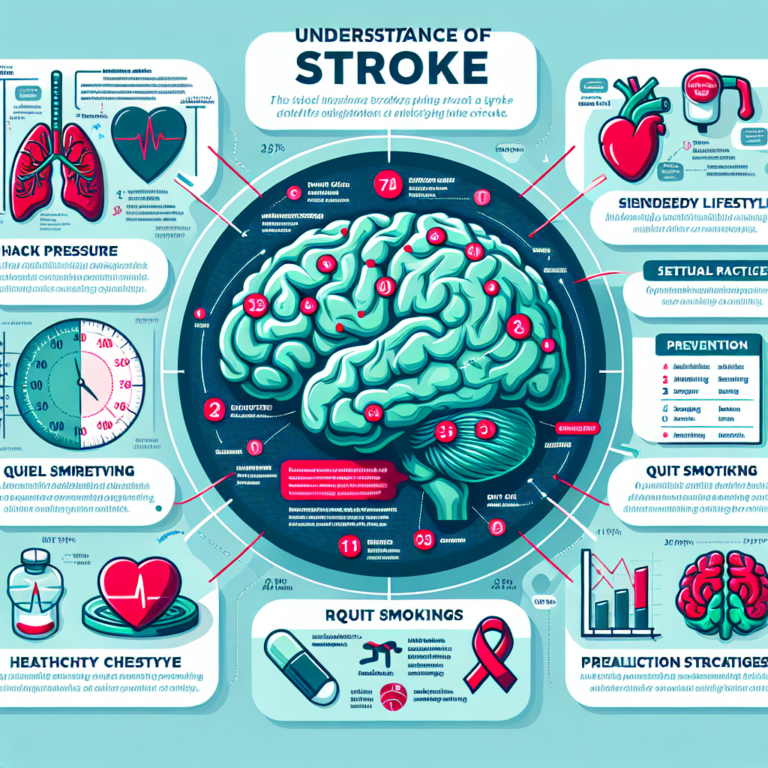
Introduction
Understanding the brain is one of the most fascinating and complex frontiers of modern science. As we dive deeper into neuropsychology, neuropsychological assessments (NPA) have emerged as essential tools for diagnosing and managing various cognitive and psychological conditions. However, faced with the intricacies of this field, many misconceptions proliferate. In this article, we will embark on a journey of debunking myths: common misconceptions about neuropsychological assessments, shedding light on their true nature and importance.
The Landscape of Neuropsychological Assessments
What Are Neuropsychological Assessments?
Neuropsychological assessments combine the science of brain function and psychological evaluation to assess cognitive abilities, emotional functioning, and behaviours. They can provide invaluable insights into conditions such as traumatic brain injuries, developmental disorders, and neurodegenerative diseases.
Myth 1: Neuropsychological Assessments Are Just IQ Tests
Reality
The first step in debunking myths: common misconceptions about neuropsychological assessments is addressing the belief that NPAs are merely IQ tests. While intelligence quotient (IQ) testing is part of some assessments, NPAs encompass a wider range of cognitive functions, including memory, attention, problem-solving skills, and emotional status.
Case Study
Take, for example, Jane, a 32-year-old woman who suffered a concussion from a bicycle accident. Initially evaluated through standard neuropsychological tests, Jane’s scores revealed normal IQ levels but significant impairments in memory and attention. The NPA pinpointed her difficulties and helped tailor rehabilitation strategies to enhance her cognitive recovery.
| Assessment Type | Focus Area | Findings |
|---|---|---|
| Standard IQ Test | General cognitive ability | Average IQ, varying memory grants |
| NPA | Memory, attention, problem-solving | Deficits in memory and attention |
Myth 2: Neuropsychological Assessments Are Only for Serious Brain Injuries
Reality
Another prevalent misconception is that NPAs are reserved for severe cases of brain injuries or neurological disorders. In reality, these assessments can benefit various populations, including those with learning disabilities, mental health disorders, and even individuals seeking insights into their cognitive health for personal growth.
Case Study
Consider Mike, a college student struggling with academic performance. A neuropsychological assessment revealed specific learning disabilities, guiding Mike’s academic accommodations and support strategies. The assessment didn’t indicate a serious brain injury but illuminated important educational needs and pathways.
Myth 3: Results Are Definitive and Unchangeable
Reality
It’s a common myth that the results of neuropsychological assessments are definitive and static. However, cognitive abilities can evolve with intervention and practice. Neuroplasticity—the brain’s ability to reorganize itself—means that individuals can improve their cognitive functions over time.
Case Study
Take the example of Lisa, a 45-year-old teacher who underwent an NPA after experiencing cognitive decline. The assessment revealed weaknesses in executive functioning. After engaging in targeted cognitive therapies, a follow-up assessment showed significant improvements, highlighting the dynamic nature of brain function.
Myth 4: Only Psychologists Can Administer NPAs
Reality
While licensed psychologists are trained to conduct neuropsychological assessments, they are not the only professionals capable of administering and interpreting tests. Neurologists, occupational therapists, and speech-language pathologists can also partake, especially when specialized knowledge is required.
Case Study
Dr. Smith, a neurologist, identified a patient who presented with memory issues. Collaborating with a neuropsychologist, they both contributed to a comprehensive assessment that resulted in a well-rounded understanding of the patient’s conditions, demonstrating that NPAs can be a multi-disciplinary effort.
Myth 5: Neuropsychological Assessments Are Only for Children
Reality
Another common myth in debunking myths: common misconceptions about neuropsychological assessments is that they are exclusively conducted on children. Adults and the elderly equally benefit from these assessments, particularly as they experience various cognitive changes or crises.
Case Study
For instance, John, a 70-year-old man, experienced confusion after relocating to a new city. Through an NPA, professionals discovered early signs of dementia, prompting early intervention. This showcased the importance of NPAs across all age groups, underlining that cognitive decline is not limited by age.
The Importance of Neuropsychological Assessments
Understanding the true value of NPAs contributes significantly to effective treatment and management of various conditions. By debunking myths, we uncover how these assessments play a vital role in healthcare.
Enhancing Treatment Strategies
Neuropsychological assessments provide personalized profiles that can guide treatment plans. Recognizing individual strengths and weaknesses allows healthcare providers to tailor interventions, maximizing patient outcomes.
Shaping Educational Pathways
Students struggling academically can benefit immensely from NPAs. Understanding their unique cognitive profiles helps educators create individualized learning strategies, ensuring that each student reaches their full potential.
Monitoring Cognitive Changes
Individuals undergoing conditions like Alzheimer’s or Parkinson’s can be closely monitored using NPAs to track cognitive changes over time, allowing for timely adjustments in therapeutic approaches.
Conclusion
In closing, debunking myths: common misconceptions about neuropsychological assessments helps illuminate their true role and significance. These assessments provide invaluable insights, enabling tailored strategies for individuals across various domains — from education to healthcare. By striving to understand and communicate the value of NPAs, we honor the complexities of the human brain and foster a more informed society.
Embrace the potential of neuropsychological assessments to pave the way for personal growth and recovery. Remember, knowledge is empowering, and armed with accurate information, we can challenge misconceptions and cultivate better mental health practices.
FAQs
1. What is the purpose of a neuropsychological assessment?
The primary purpose of a neuropsychological assessment is to evaluate a person’s cognitive functioning, emotional status, and behaviours to understand their capabilities, identify potential deficits, and guide treatment strategies.
2. How long does a neuropsychological assessment take?
Assessment durations vary but typically range from 2 to 8 hours, depending on the complexity of the case and the number of tests administered.
3. Are neuropsychological assessments invasive?
No, NPAs are non-invasive and primarily involve interviews, paper-and-pencil tests, and various tasks designed to assess cognitive functions.
4. Can I prepare for a neuropsychological assessment?
Preparation is minimal, but it’s beneficial to ensure adequate rest, bring relevant documents (medical history), and discuss any medications taken with the assessing professional.
5. How frequently should neuropsychological assessments occur?
The frequency depends on individual needs, but they are generally recommended every 1-2 years for monitoring cognitive changes, particularly in aging adults or those undergoing treatment for neurological conditions.
By addressing these questions and imposing a shift in understanding NPAs, we can promote a greater appreciation for the cognitive health landscape.















